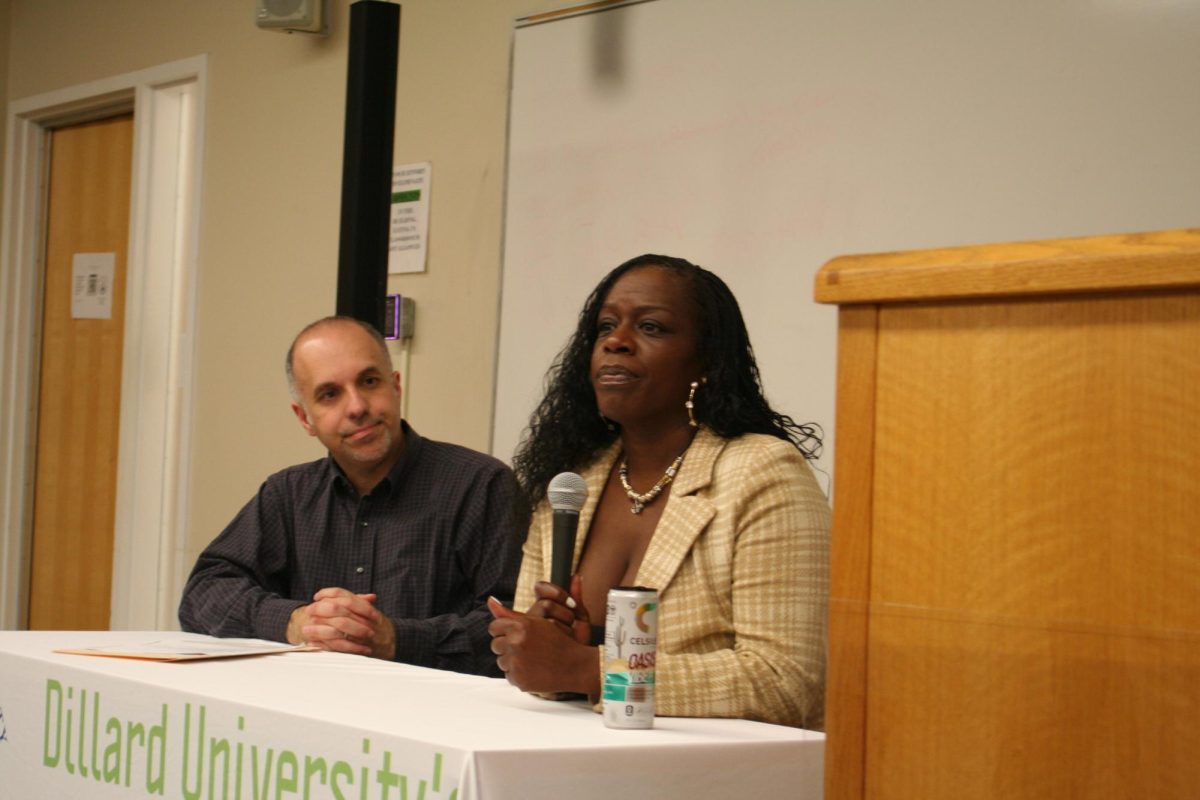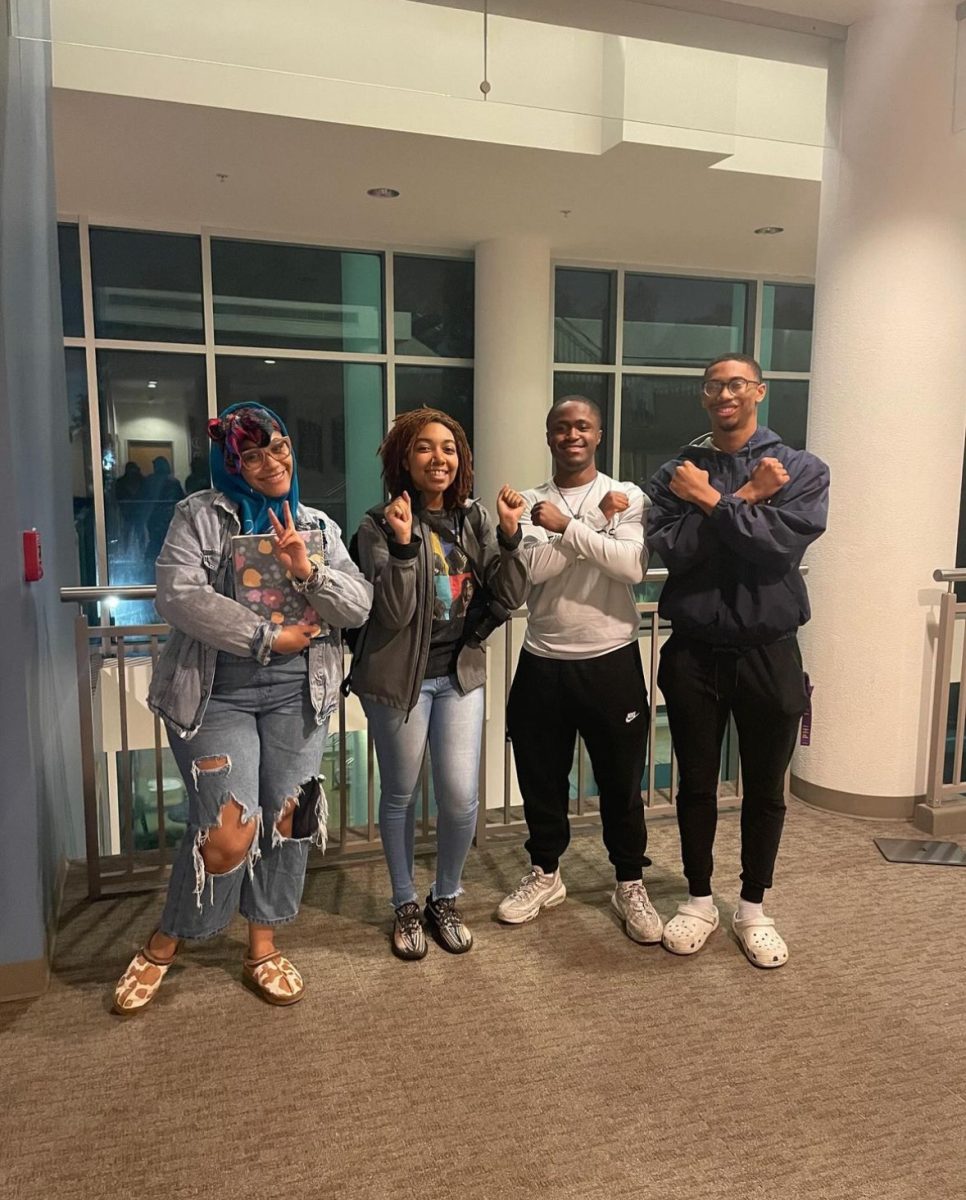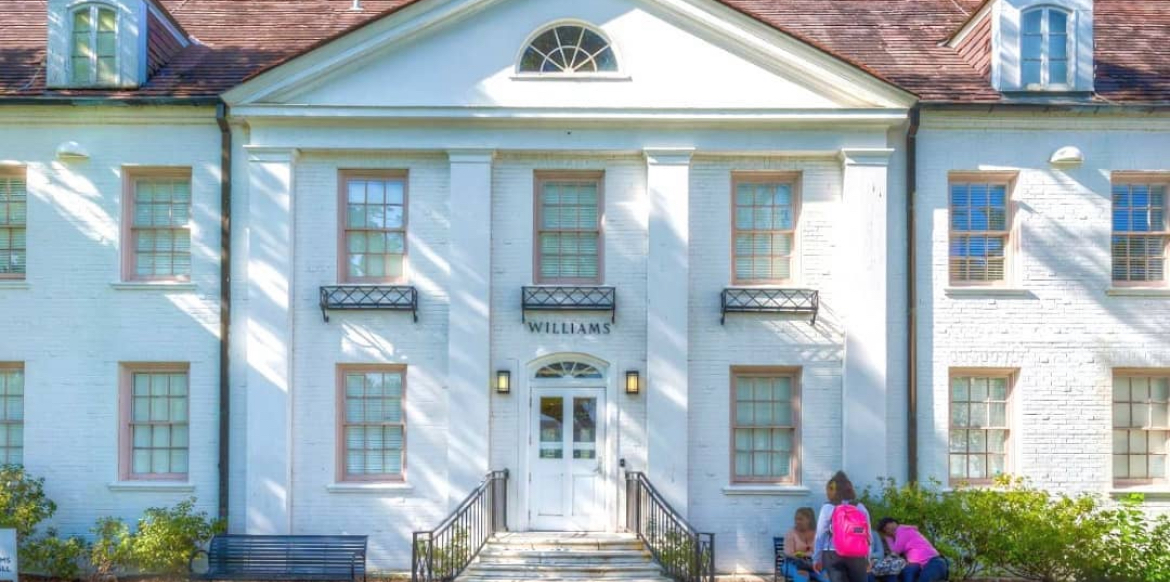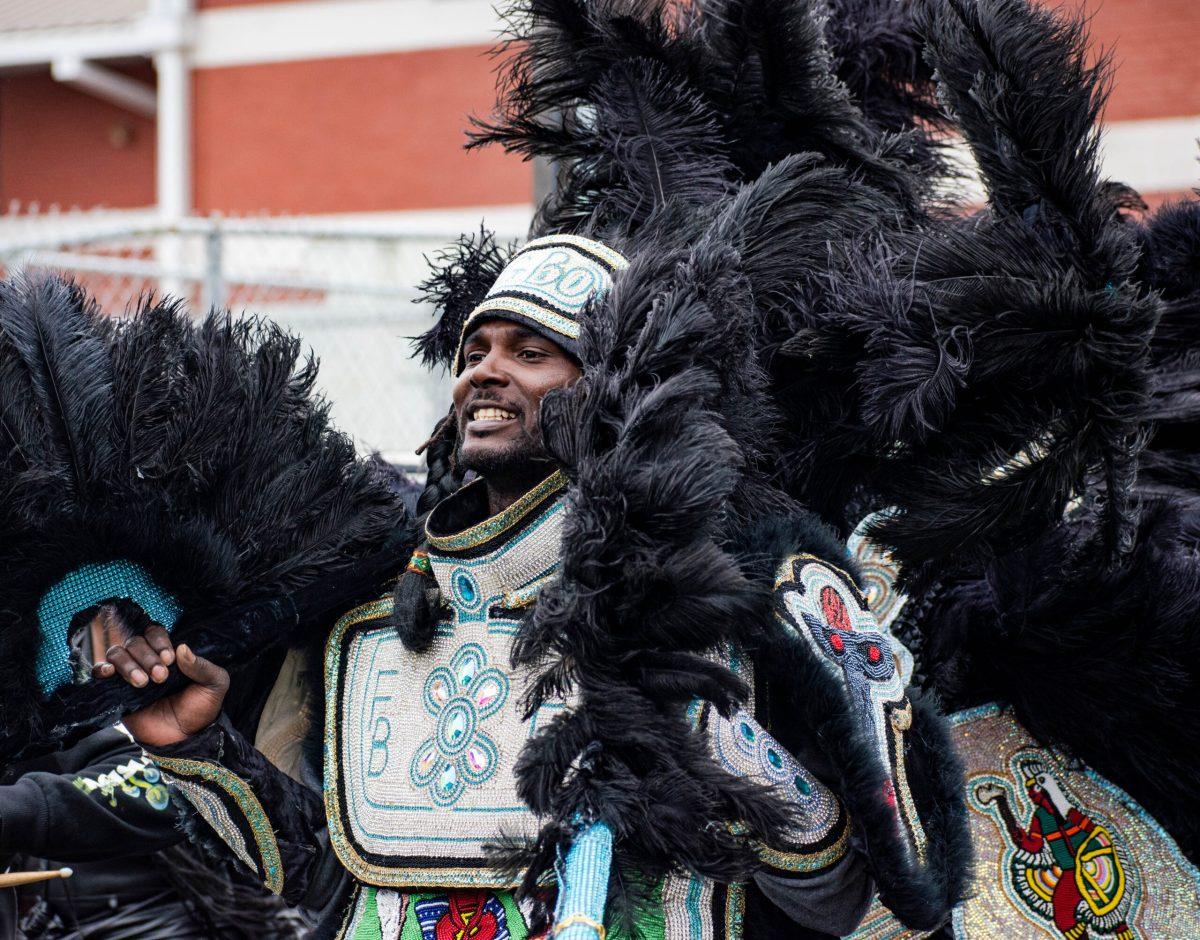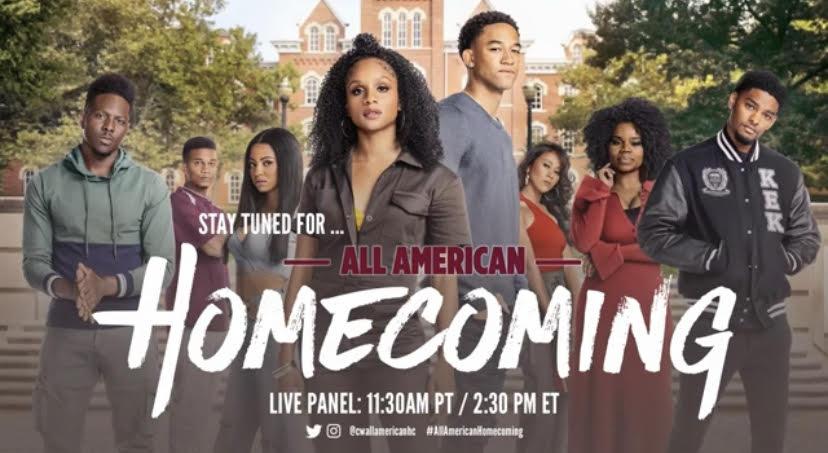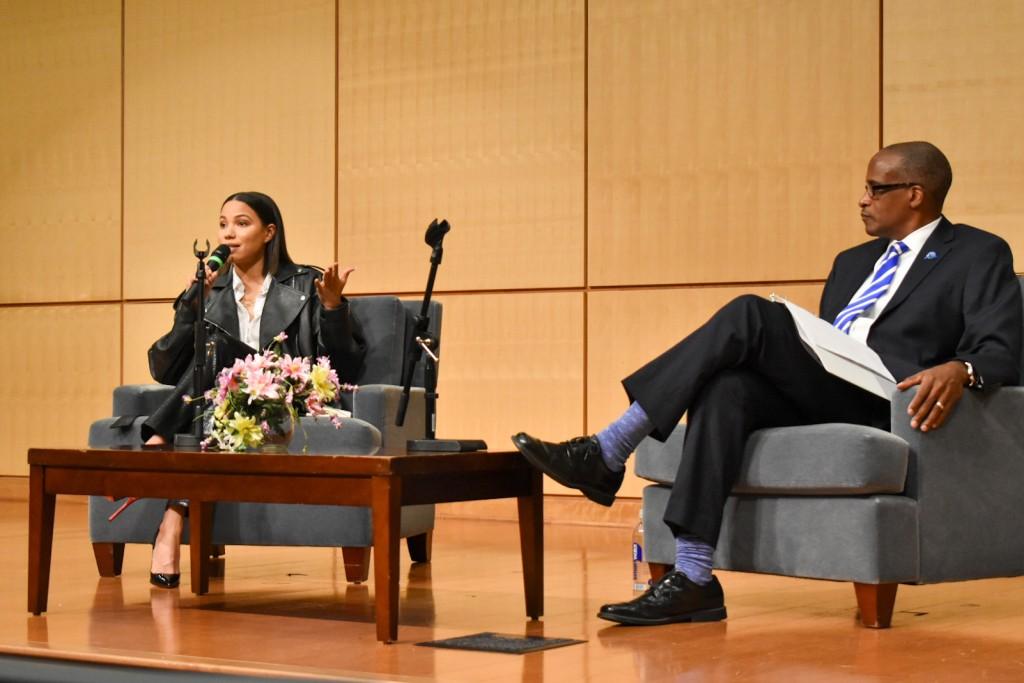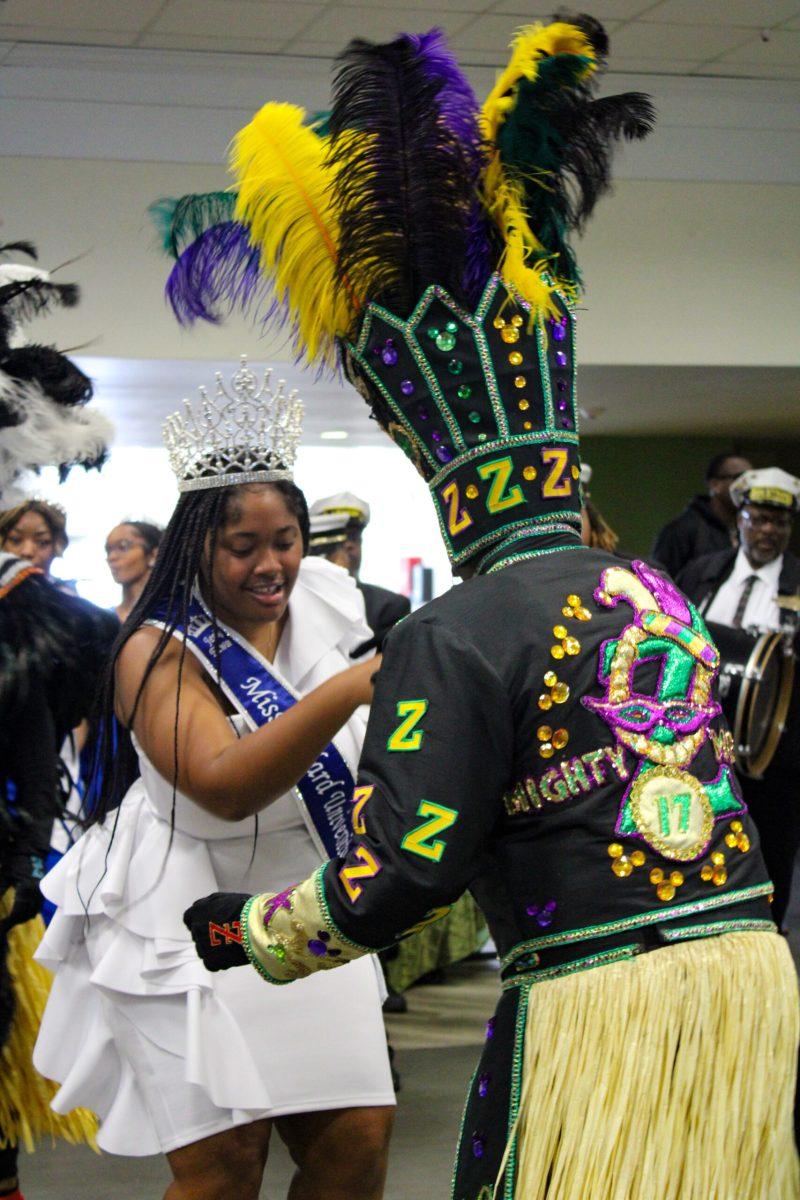
Screenshot by J’Brionne Helaire/Courtbouillon
A screenshot shows the cover shot prior to the start of the program.
NEW ORLEANS(October 9, 2021)- Tourism’s crucial role to New Orleans economy is a given, but tourists often fail to consider and understand the challenges African-Americans here have faced, both past and present, Lynell Thomas said Sept. 29.
The New Orleans native and associate professor of American Studies at the University of Massachusetts, Boston, was the first in a series of speakers on the “Legacies of American Slavery,” sponsored by Dillard’s Ray Charles Program in African American Material Culture.
Zella Palmer, chair and director of the program, introduced Thomas in the Zoom session attended by students and visitors. The next lecture is scheduled on Zoom at 6 p.m. Nov. 3, featuring Dr. Jessica Harris, culinary historian, professor and author whose 2011 book “High on the Hog: A Culinary Journey from Africa to America,” prompted the release of a four-episode Netflix documentary in May.
“Tourists need to think about the history of New Orleans and what African Americans experienced in the past,” Thomas said, adding that too many people come to New Orleans without understanding the challenges African Americans faced.
Thomas said affordable health care and housing has been neglected in New Orleans while tourism has been the main priority for revenue. She asked participants about alternative methods for economic growth that don’t revolve around tourism. Audience members mentioned the issues related to tourism in other places such as Hawaii and Europe.
Thomas presented a picture of two black Gambina dolls to illustrate how slaves are mistakenly represented as being happy with their lot. One of the dolls represented a woman respected as a domestic in the household, and the other doll represented a woman who picked cotton.
(Gambina dolls were created by New Orleans resident who started doll-making at age 50 and went on to produce a large line ranging in price from $20 to $300.)
Thomas said African Americans tried to seek a better life during slavery and bought their freedom whenever possible. Thomas said African Americans were self-emancipating in the 1860s before the Confederacy. She said this act showed courage and bravery of an oppressed people.
Thomas, part of the post-Katrina diaspora, is author of “Desire and Disaster in New Orleans: Tourism, Race and Historical Memory,) published in 2014. She earned her master’s degree from Tulane and her doctorate from Emory University.
The DU Ray Charles Program in African American Material Culture’s mission to research, document, disseminate, preserve and celebrate African American culture and foodways in the South.

